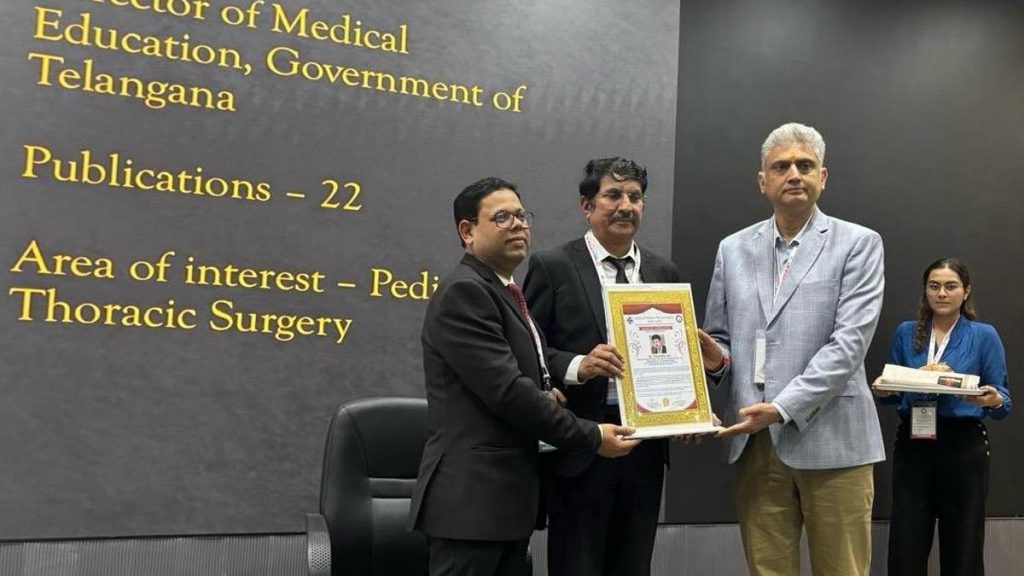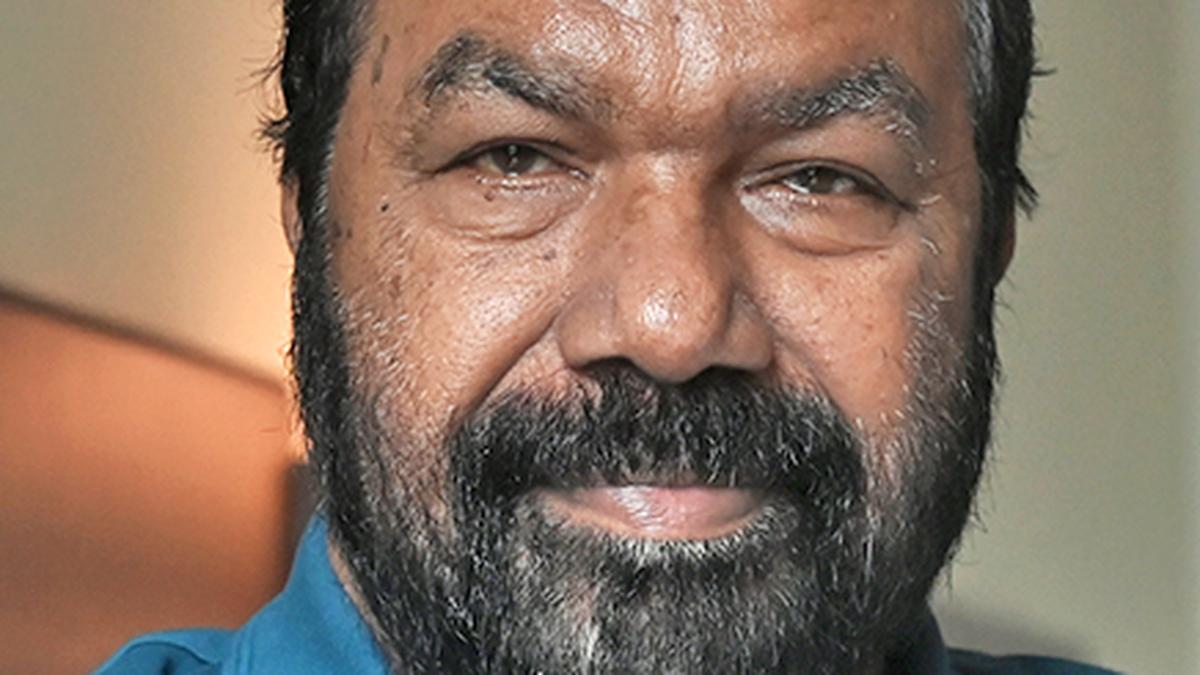Now Reading: BRICS Forum Advocates Stronger Global South Voice in AI Governance
-
01
BRICS Forum Advocates Stronger Global South Voice in AI Governance
BRICS Forum Advocates Stronger Global South Voice in AI Governance
Quick Summary
- The seventh plenary session of the BRICS Media and Think Tank Forum was held in Rio de Janeiro from July 15-17, with over 250 representatives from media organizations, think tanks, government agencies, and enterprises across 36 countries participating.
- Discussions focused on fostering greater South-South cooperation in Artificial Intelligence (AI), with concerns raised about risks stemming from the concentration of AI capabilities in a few countries.
- Participants emphasized the need for open-source AI development and cooperation among Global South nations to shape fair governance frameworks for AI technology.
- Mr. Thorsten Jelinek highlighted maintaining “regulatory autonomy” as critical for balancing multilateralism and sovereignty in technology governance.
- Suggestions included creating a “multilingual and multimodal corpus” to elevate the voice of Global south stories using AI tools for translation across languages.
- Mr. Fu Hua praised BRICS as a vital channel to amplify civilizational diversity and counter international media biases against the Global South narrative.
- Amid U.S. tariff threats towards potential BRICS entrants, Mr. Wu Hailong stressed that BRICS seeks equity rather than opposition to any country while opposing unilateral actions by global powers.
- A ‘Global South Joint Communication Partnership Program’ was launched by Xinhua News Agency along with partners from BRICS nations to enhance cross-sector cooperation within the Global South; it boasts participation by over 700 institutions globally.
Indian Opinion Analysis
The session represents an vital step toward increasing technological equity between developed nations and those within the Global South. The focus on open-source AI development aligns well with India’s broader efforts towards inclusive technology adoption that reduces dependencies on external actors. concerns regarding excessive concentration of AI power are particularly relevant considering India’s recent push for technological sovereignty amidst growing geopolitical competition.
Additionally, India stands to benefit substantially from initiatives like developing multilingual data corpora since its rich linguistic diversity can foster stronger representation internationally through digital platforms aided by advanced translation systems based on AI models.
india’s role within BRICS could grow substantially given this agenda’s emphasis on countering hegemonies in global narratives while amplifying collective voices from marginally represented regions like Asia or Africa. Ensuring alignment between these discussions at forums such as this one reveals deeper implications surrounding unity built via cooperation/multilateralism principles crucial overcoming geopolitical tensions emerging parallel bases fraught unequal impositions exemplified elsewhere today .
For further reading: Original Article
























